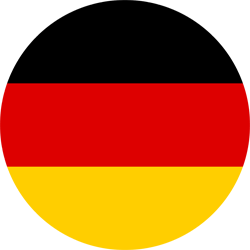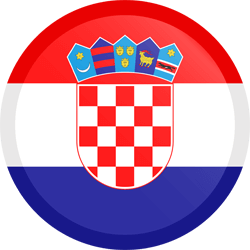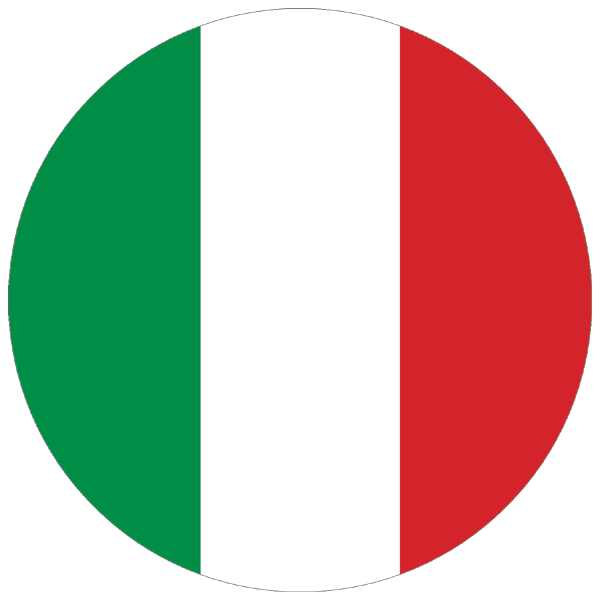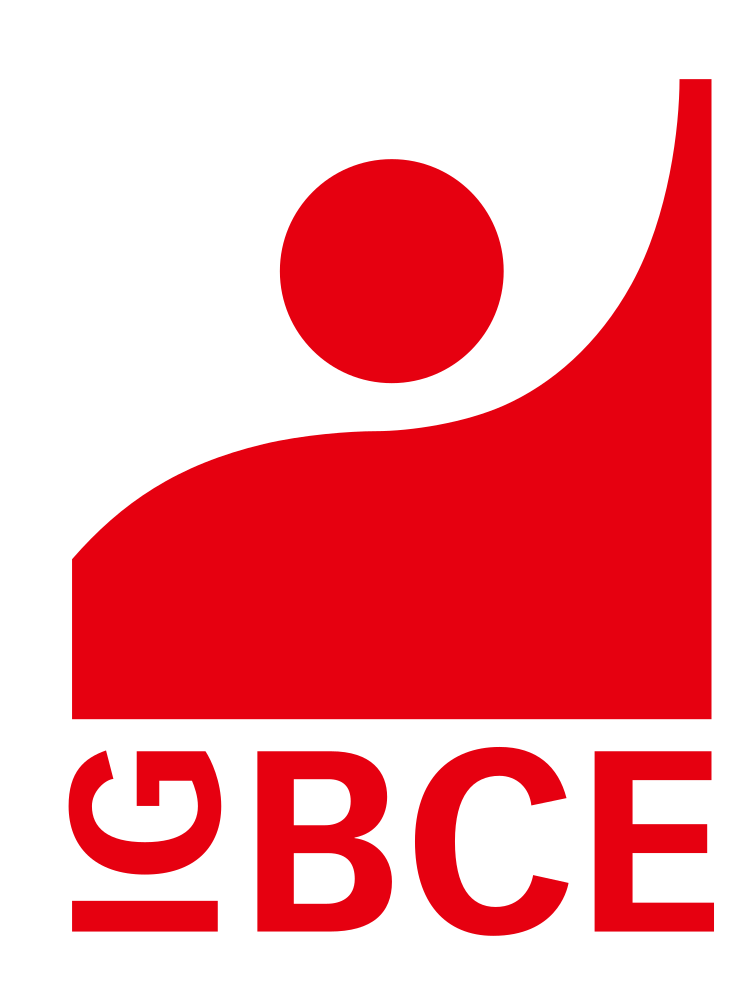 The IG BCE (Industriegewerkschaft Bergbau, Chemie, Energie) was formed in 1997 through the merger of IG BE (IG Bergbau und Energie) with IG CPK (IG Chemie, Papier, Keramik (IG CPK) and GL (Gewerkschaft Leder).
The IG BCE (Industriegewerkschaft Bergbau, Chemie, Energie) was formed in 1997 through the merger of IG BE (IG Bergbau und Energie) with IG CPK (IG Chemie, Papier, Keramik (IG CPK) and GL (Gewerkschaft Leder).
IG Bergbau, Chemie, Energie is also a member of the German Federation of Trade Unions (DGB) and industriALL European Trade Union. It is the third largest individual union in the DGB. The union covers professions in the mining, chemical, gas, glass, rubber, ceramics, plastics, leather, mineral oil, paper, pharmaceutical, renovation / disposal, coal and water management industries.
IG BCE is a democratic, member-oriented union in which different professions and qualifications, women and men, young and old, people from 99 nations with different religions and world views, political and sexual orientations are organized. The basis of the organization is formed by the local groups and trust bodies, which are on an equal footing at their level. The 42 regional districts ensure that the task as a union can be fulfilled and that all members are looked after directly and closely. Further units such as the district, the state district and the main board build on this. In order to coordinate and coordinate the work of the union’s 42 districts beyond their borders, IG BCE has split up into eight districts across Germany.
The union’s highest body is the regular union congress, which meets every four years. 400 delegates sent by the grassroots decide on the trade union policy and future work of IG BCE. Another task of the honorary delegates is the election of the five full-time members of the main board and the 26 members of the honorary board.
The main executive board currently consists of five board members and is based in Hanover. Various specialist departments coordinate economic and industrial policy issues, develop collective bargaining concepts or work on social and labor market issues. IG BCE has around 632,400 (495,398 male, 136,991 female) members.
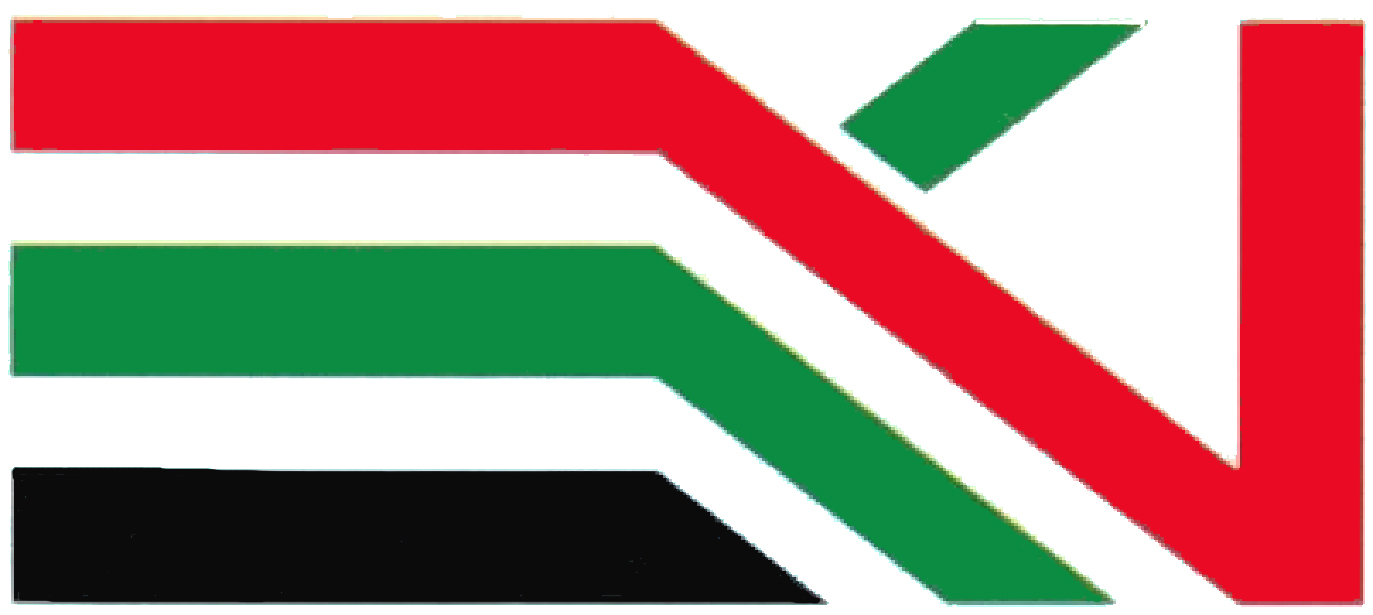 The EKN (Samostalni sindikat energetike, kemije i nemetala Hrvatske), founded 1990, is the largest trade union in this sector and operates in all regions of the country. The EKN organizes workers from different sectors: energy, coal, oil, natural gas, oil refineries, chemical and petrochemical industry, ceramics industry and other areas that are interested in joining our union. There are currently 60 collective agreements in force in the EKN’s local unions, covering 85% of all workers in the sector. The EKN represents various interest groups as well as women and young people.
The EKN (Samostalni sindikat energetike, kemije i nemetala Hrvatske), founded 1990, is the largest trade union in this sector and operates in all regions of the country. The EKN organizes workers from different sectors: energy, coal, oil, natural gas, oil refineries, chemical and petrochemical industry, ceramics industry and other areas that are interested in joining our union. There are currently 60 collective agreements in force in the EKN’s local unions, covering 85% of all workers in the sector. The EKN represents various interest groups as well as women and young people.
In 1995 the women’s section was founded to promote and support the interests of women in the workplace. In addition, the work of the section encourages women to be actively involved in trade union work. The EKN is a member of the Union of Independent Trade Unions of Croatia (UATUC). The UATUC is the largest trade union confederation in the Republic of Croatia and comprises 22 branches with 100,000 members. In addition, EKN is a member of industriALL Global Union and industriALL European Trade Union.
The EKN is represented in all regions of Croatia. The EKN network consists of 5 regional offices. The highest decision-making body of the EKN is the general meeting. All EKN members have the right to take part in this meeting. EKN is completely independent from employers and their associations as well as the government of the Republic of Croatia. EKN is not related to any of the political parties. It works independently on the basis of ideas and principles of social democracy.
The EKN comprises a total of 90 regional offices with 5,000 members. All female employees are also members of the women’s section. EKN is headquartered in Zagreb.
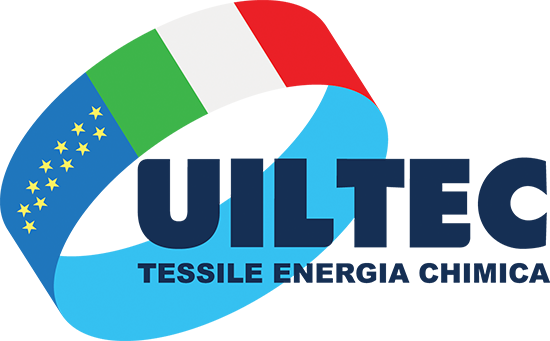 UILTEC (Unione Italiana Lavoratori Tessile Energia Chimica – Italian Union of Textile and Chemical Workers) is part of the UIL Confederation (Italian Union of Labour). It was founded on January 25, 2013 from the merger between UILCEM (Italian Union of Chemical Energy and Manufacturing Workers) and UILTA (Italian Union of Textile and Clothing Workers).
UILTEC (Unione Italiana Lavoratori Tessile Energia Chimica – Italian Union of Textile and Chemical Workers) is part of the UIL Confederation (Italian Union of Labour). It was founded on January 25, 2013 from the merger between UILCEM (Italian Union of Chemical Energy and Manufacturing Workers) and UILTA (Italian Union of Textile and Clothing Workers).
Today UILTEC brings together and represents workers of companies operating in the manufacturing and industrial sectors of clothing, footwear, chemical, pharmaceutical, rubber plastic and cables, glass, lamps, tanning, ceramics and tiles, mining, petroleum, engineering, energy, gas and water.
In addition to being part of UIL (Italian Union of Labor) it is also a member of industriALL Global Union and industriALL Trade Union.
It’s a democratic trade union that represents and protects at every level and in every forum, including European and international ones, the moral, legal and economic interests of workers employed in the sectors within its competence with regard to any subject, public or private, authority and administration, as well as any economic and social organization.
The National Secretariat is headed by a General Secretary assisted by five members of the board.
It currently has almost 120,000 members divided into 19 regional representatives (Regional Unions) and 33 territorial representatives (Territorial Unions) for a total of 52 offices throughout Italy. UILTEC has its national headquarters in Rome, Italy.
